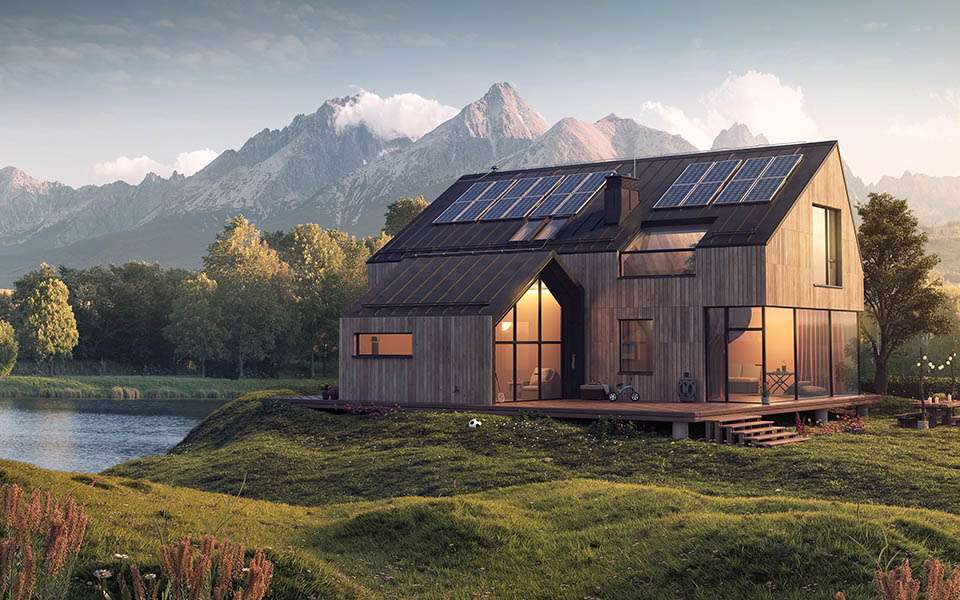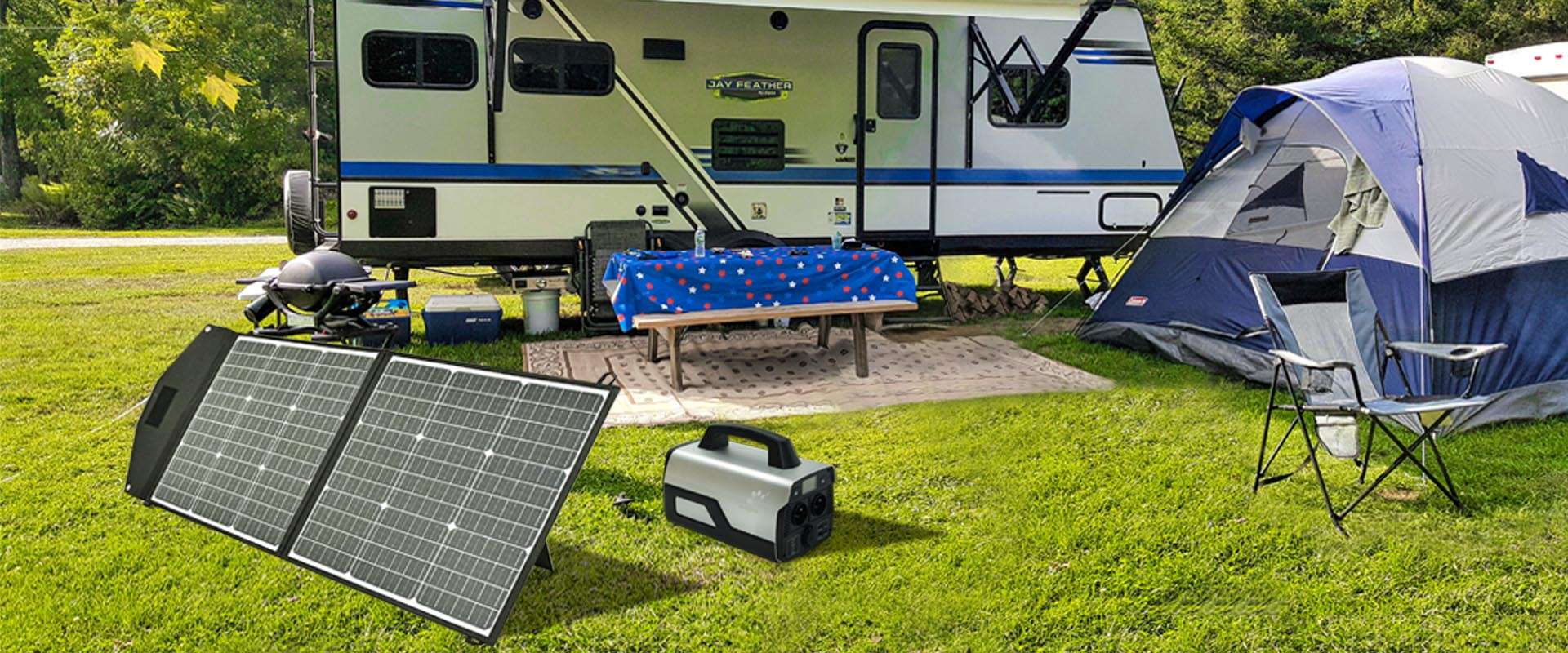Blog Information
- Posted By : sungold solar
- Posted On : May 31, 2023
- Views : 84
- Category : General
- Description : Homeowners who want to minimize their reliance on fossil fuels, their environmental footprint, and their monthly electric bills are increasingly turning to solar panels.
Overview
Homeowners who want to minimize their reliance on fossil fuels, their environmental footprint, and their monthly electric bills are increasingly turning to solar panels. As the price of solar panels continues to drop, more and more solar solutions installers enter the market, and incentive programs encourage homeowners to switch to solar power, more people are beginning to seriously consider it as an alternative for powering their houses. Here, I will explain how solar panels can help you save money in a few different ways.
Hiring Trained Solar Energy Experts
DIYers and enthusiasts may be tempted to try installing solar panels on their own, but hiring a professional company for solar installation has several advantages. Hiring a professional installation service ensures that you will be dealing with someone who does this kind of job regularly. That is why they have had so much practice and training under so many different conditions. Therefore, they are far less probable to implement these systems incorrectly or overlook crucial features. Moreover, solar panel installers’ ties to the solar business make them a valuable resource for deals, rebates, and other incentives.
Promotional Sales Offers
The way portable solar panels for camping are now sold is a major innovation in this sector. Historically, solar panels have been too expensive for most houses, necessitating either a loan or outright purchase. The high initial investment dissuaded some homeowners from seriously considering this alternative. While solar panels have become considerably more reasonable in the past few years, the upfront cost is still more than many households are willing to spend. For this reason, programs like solar lease are highly popular.

Power Purchase Agreements
A definition of solar lease. Though foreign to your mind, this is a fantastic breakthrough for residential solar power and the industry. The concept of a solar lease is straightforward: for a certain monthly payment, you can have 400w solar panel placed on your roof. Even though the solar panels technically belong to the leasing business after installation, you can keep the money you save on electricity bills. Depending on where you reside, you could see savings as early as the first month following installation. In other words, after factoring in the leasing charge, your total power bill will be lower than it would have been if you had not installed solar panels. On days when your generation exceeds your consumption, you can often sell the extra power back to the utility provider. In some cases, the energy savings produced by this are considerably greater.
Working with the proper regional businesses, you can convert your house into a clean-running power plant.

Before you get started, check with the state’s Division of Land & Planning to see if a construction permit is required to construct a solar energy system. In addition, check with your utility provider beforehand to learn the rules and requirements for attaching your PV system to the grid.
Once you have constructed your own solar panels, position them such that they will receive direct sunlight at midday, taking into account your location’s latitude. A solar tracker will allow your panels to get the most sunlight possible.
